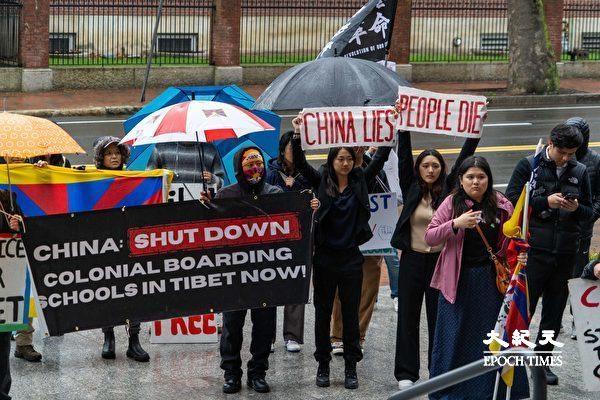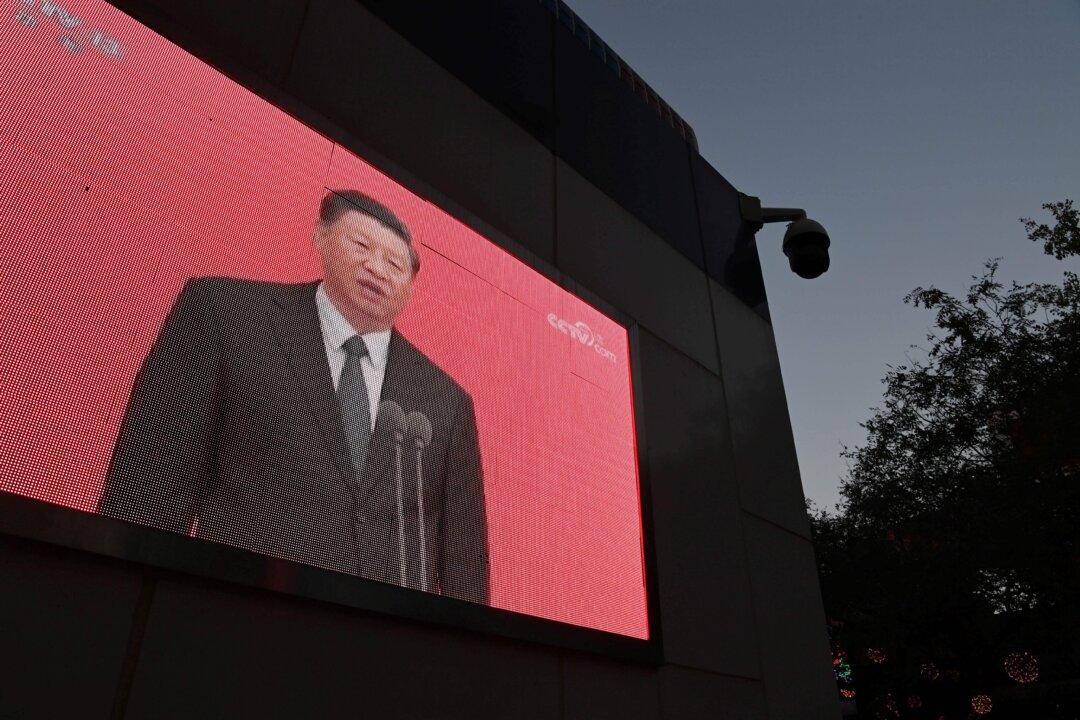“I don’t want to lean in. I want to lie down,” this famous line of comedian Ali Wong describes the desire to do nothing in one’s life and career. Unexpectedly, the “lying down” approach is catching on among young people in mainland China and has caught the attention of the Chinese Communist Party (CCP). The Party’s propaganda labeled the “lying down” trend “disgraceful” as the regime is concerned about its repercussions on society.
“Lying down” or tang (lie) and ping (flat) has become a popular slang in the mainland. People who choose the “lying down” lifestyle say that they don’t want to be money-making machines. They want to be minimalists and don’t plan on establishing a career, owning a home, and raising a family.




